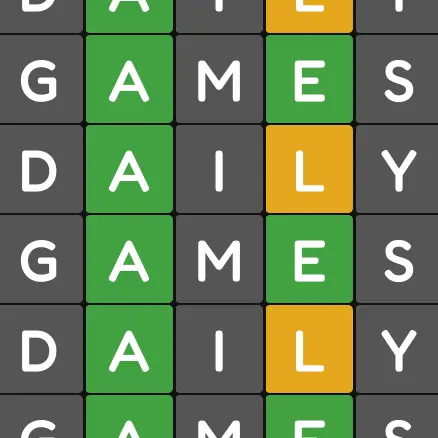

Managed to get to the stage with my job, where I just kinda resent having to go to work because I’d rather be doing other things, as opposed to deeply hating it because I’m freaking out constantly. This is a big step for me, I had to leave my last career after crashing and burning, due undiagnosed ADHD. Had a couple of years off getting myself sorted out and correctly medicated, and started back in a new role, but with a genuine question about whether I could have a professional career again.
The first couple of years were really hard, just so stressful and I needed to see a therapist at points to keep going. But I did, and now in my 3rd year I’ve hit a very manageable level of stress that seems normal and bearable. Interestingly, this isn’t because I finally started being organised and stopped leaving things to the last minute. Nope, I just embraced my terrible work habits, stopped beating myself up about them, and changed my expectations for work so that paperwork was minimized and doing all my prep at the last minute was fine. Much less mentally horrific for me and, despite ‘lowering my standards’ the quality of my work probably increased, because I was doing what I could actually achieve not pushing to do something amazing that never materialised.


















That’s a great journey you’re on. Takes a lot of guts to re-evaluate our worldview, even when the old one is making us miserable.